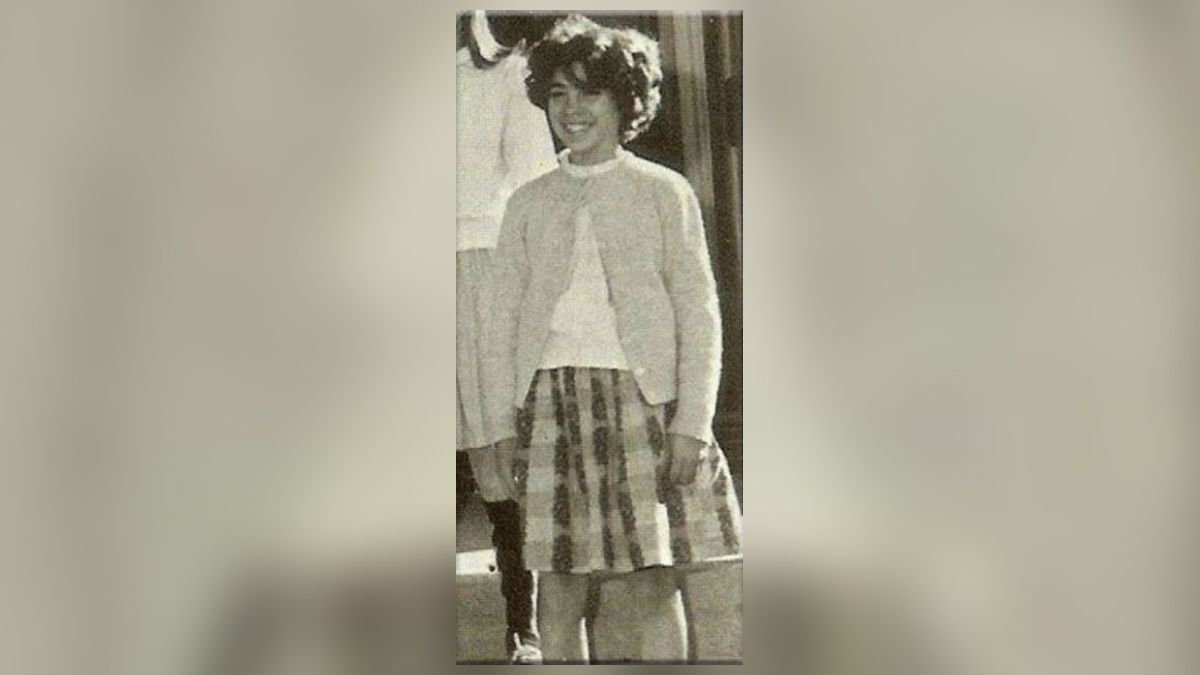
Medically vulnerable lawmakers who went to court seeking remote access to the New Hampshire House won’t get their way while their lawsuit proceeds, a federal appeals court ruled Friday.
Six Democrats sued Republican House Speaker Sherm Packard in February 2021, arguing that holding in-person sessions without a remote option during the coronavirus pandemic violates the Americans with Disabilities Act and the state and federal constitutions. The effort had been led by House Democratic Leader Renny Cushing, who died March 7 of prostate cancer and complications of COVID-19.
WATCH ANYTIME FOR FREE
Stream NBC10 Boston news for free, 24/7, wherever you are. |
Though a federal judge denied the Democrats’ request for a preliminary order last year, an appeals court reversed that decision in April. But after Packard sought a re-hearing, the court issued a new ruling Friday affirming the original opinion, which held that the plaintiffs were not likely to succeed because their claims are barred by legislative immunity.
Protecting lawmakers from being sued, the court said, serves the public good by furthering legislative freedom and thus democratic self government. Two of the judges disagreed.
Get updates on what's happening in Boston to your inbox. Sign up for our News Headlines newsletter.
"I cannot abide by the Court’s decision to turn a blind eye to the effective disenfranchisement of thousands of New Hampshire residents simply because their representatives are disabled," wrote Judge O. Rogeriee Thompson in a dissent joined by Judge Kayatta.
They argued that the decision paves the way for immunizing other legislative rules, even those that amount to race- or religion-based discrimination.
"The Court’s rule opens the floodgates to potential abuse and spells a recipe for disaster in the future," Thompson wrote. "It gives carte blanche to legislatures to strategically silence legislative opponents — and effectively disenfranchise their constituents — so long as they can conjure up some facially neutral rationale for the rule."
In the last two years, the House has met in an ice arena, outside on an athletic field, from cars in a parking lot, at a sports complex and at an expo center. Chairs were spaced at least 6 feet (2 meters) apart, and separate areas were set aside for unmasked lawmakers. This month, members returned to the Statehouse, where they sat shoulder-to-shoulder in adjoining seats. At least one lawmaker tested positive for COVID-19 follow sessions that stretched late into the evening over the course of three days.




